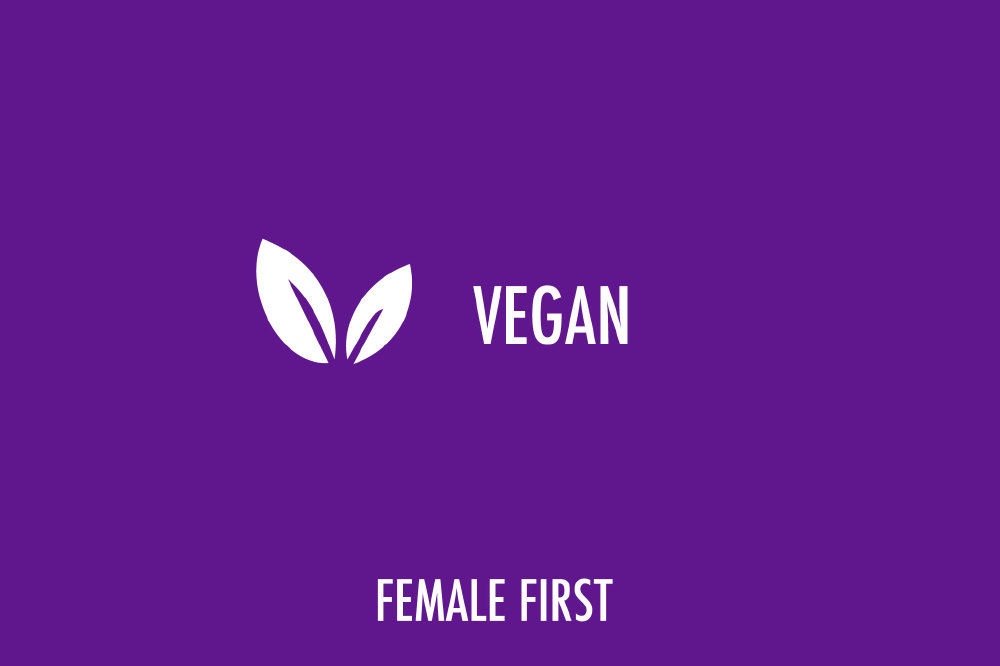It turns out more than two thirds of UK men would rather live a shorter life (by up to ten years!) than give up meat according to the nationwide survey of adults commissioned by my charity, No Meat May, a global campaign that encourages people to give up meat for 31 days. So what is it about meat and masculinity that means men would rather shorten their lives than miss out on steak?

Ryan Alexander
Every year we launch the campaign, we find women engaging with the big issues, rolling up their sleeves and taking on our bold challenge with gusto. Almost nine women sign up for every brave man swimming against the tide.
The disparity between the views of men and women is even more stark when placed in the context of a society where men die an average of 4.4 years earlier than women, with the primary cause being heart disease. Approximately 119,000 men have a heart attack in the UK each year, in comparison to 69,000 women. Further, the consumption of meat has been linked to the prevalence of heart disease – as well as prostate cancer, testicular cancer, diabetes, and obesity.
On top of the health risks of meat eating, consuming animal products also has a catastrophic effect on the environment. Annually 70 billion land animals are farmed for food – and up to 73% of an individuals carbon footprint is down to eating meat and dairy. Our survey found that 76% of respondents said they cared about the environment, but the exact same percentage said they would not stop eating meat or animal products if it meant they could reduce their impact on the environment. Why are our actions so misaligned with our values?
It seems to come down to how we view masculinity. As an Australian, my indoctrination into the world of manhood was with a pair of barbecue tongs, a butcher’s apron and a lesson on how to use the wood bellows, whilst my sister was relegated to the kitchen to toss the salad, bake the potatoes and set the table.
As we become familiar with the concepts of ‘toxic’ or ‘vulnerable’ masculinity, and the effect they can have on our relationships, workplaces and society as a whole, it’s also time for us, as men, to untangle how gender roles have played a part in our dietary choices too, and to work towards understanding the effects of this on the wider world.
However disparate the gender differences are, I believe there is a path towards a masculinity that is kinder and more compassionate to people, animals and planet. One study found that participants were more likely to rate vegetarians as less masculine, but more moral than meat eaters. Instead of describing men as ‘beefcakes’, perhaps we start praising our partners, peers and sons for their bravery in making ethical decisions?
For the good of gender equality, our planet, and even ourselves, ultimately we all must embrace less aggressive ideas of masculinity. We all must stop telling ourselves, our boys, our girls, and above all our men that meat is manliness. These messages maybe subtle and require us to be vigilant in our language and actions, but however subliminal they are, it’s time for them to go.
RELATED: How one little girl's eczema inspired her parents to make vegan cakes
Danika Woods is the daughter of the founders of the Just Love Food Company, the UK's first nut free cake supplier. The parent team were inspired to create their brand after finding out that Danika had a severe nut allergy. We caught up with her to find out how this all evolved into creating vegan cakes by 2021...

Tagged in Vegan

